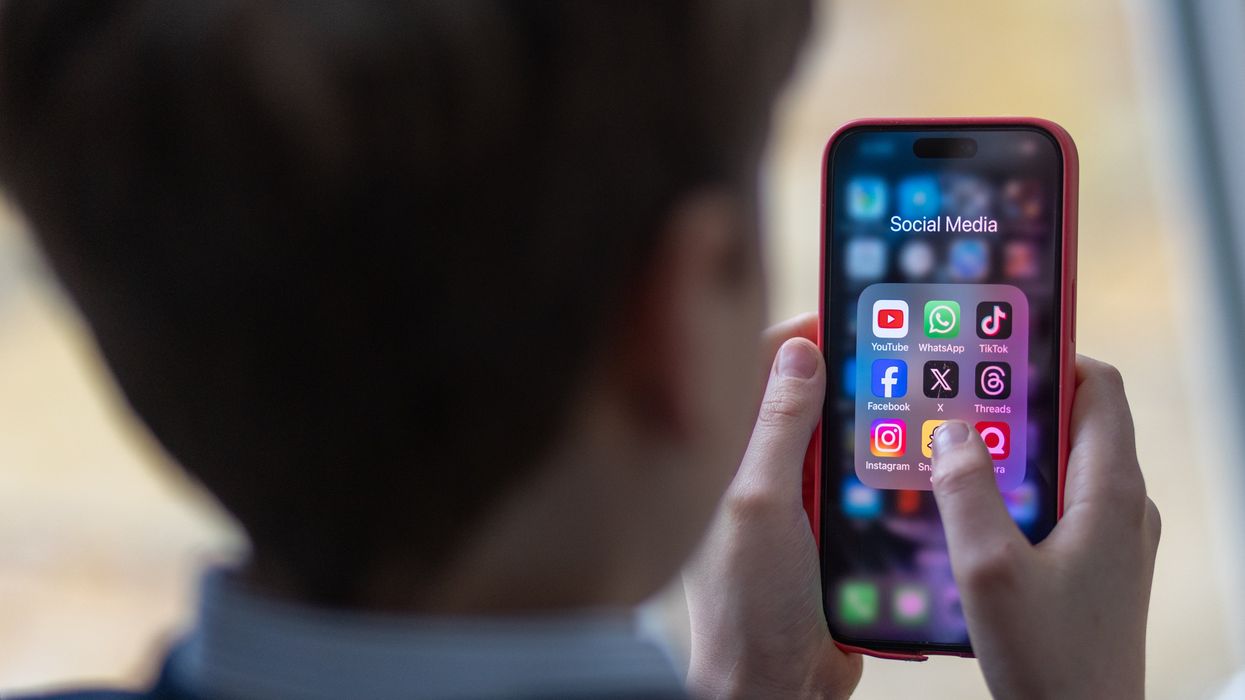This episode of the “Democracy Works” podcast featured an engaging interview with V, the creator behind Under the Desk News on TikTok. V discussed the evolution of their social media presence, emphasizing the role of social media as a modern day "third place" for community, replacing traditional physical spaces for socializing. They highlighted the importance of online spaces, particularly for marginalized groups, providing a sense of belonging and connection.
The conversation delved into the impact of social media on loneliness, with V asserting that it serves as a remedy to the lack of physical third places. They argued that social media, despite its criticisms, plays a crucial role in fostering community, especially for individuals who might feel isolated in their local environments.
V debunked the notion that social media is the cause of loneliness, attributing it instead to the lack of stability and comfort in real-life interactions. Drawing on personal experiences and examples, they highlighted how social media platforms like TikTok create spaces for representation and connection, especially for those in less accepting or diverse environments.
The discussion also touched on the changing dynamics of news consumption among Generation Z. V challenged stereotypes, emphasizing that young people are actively engaged in civic matters, particularly issues like gun activism, racial equality, women's rights and climate change. They stressed the importance of respecting and understanding Gen Z's perspectives rather than dismissing them based on misconceptions.
Towards the end, V talked about the future of news media and its integration with social platforms. They highlighted the challenges and opportunities for traditional media to adapt to new formats like TikTok and YouTube shorts. V's insights shed light on the evolving landscape of news dissemination and the need for a collaborative approach between traditional media and social media creators.
The episode concluded with a discussion about democracy, focusing on how Gen Z perceives it. V challenged the idea that young people are disinterested in democracy, asserting that they care deeply but are disillusioned with the current political system. They emphasized the importance of understanding and addressing the concerns of younger generations to foster meaningful civic engagement.
In the latter part, V introduced their new podcast, "American Fever Dream," which aims to spotlight down-ballot candidates making impactful changes at the state and local levels. The podcast seeks to provide a comfortable space for reflection on democracy, politics, and pop culture, incorporating humor and analysis.






















Trump & Hegseth gave Mark Kelly a huge 2028 gift